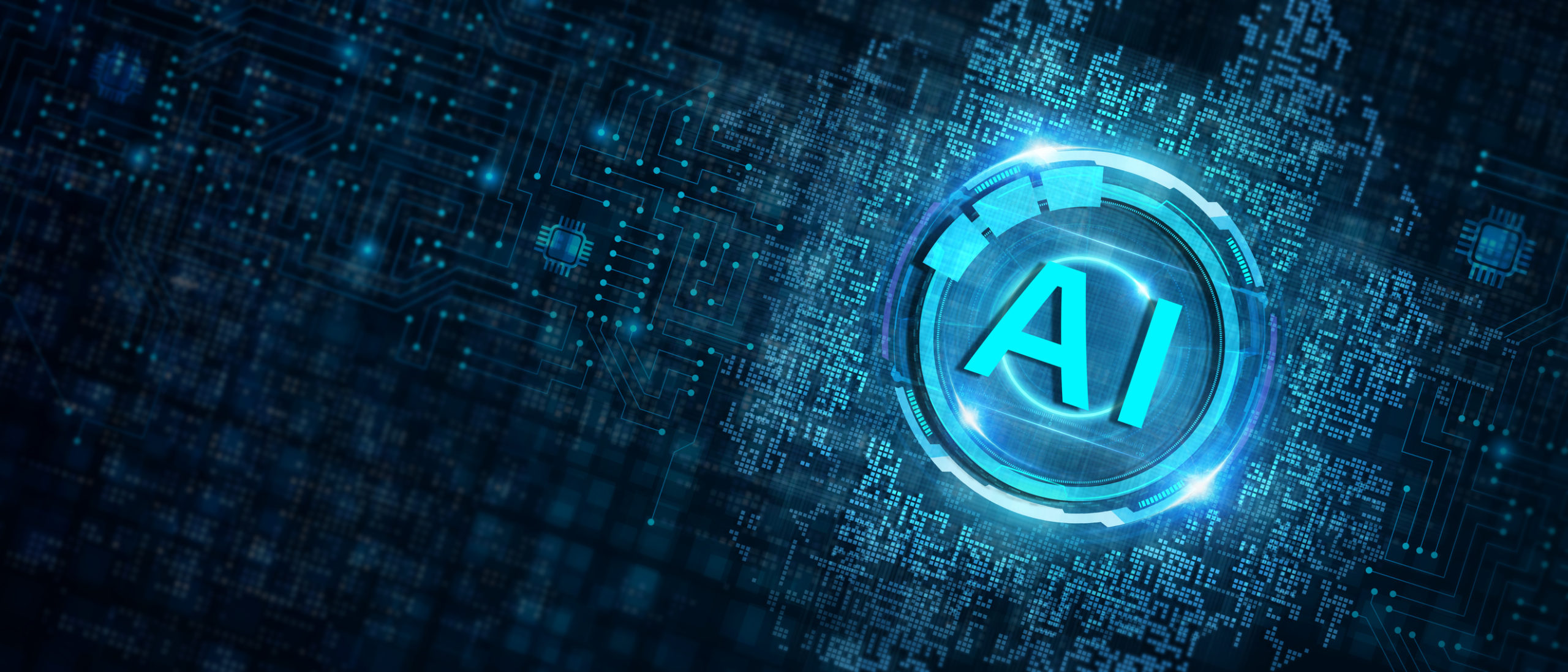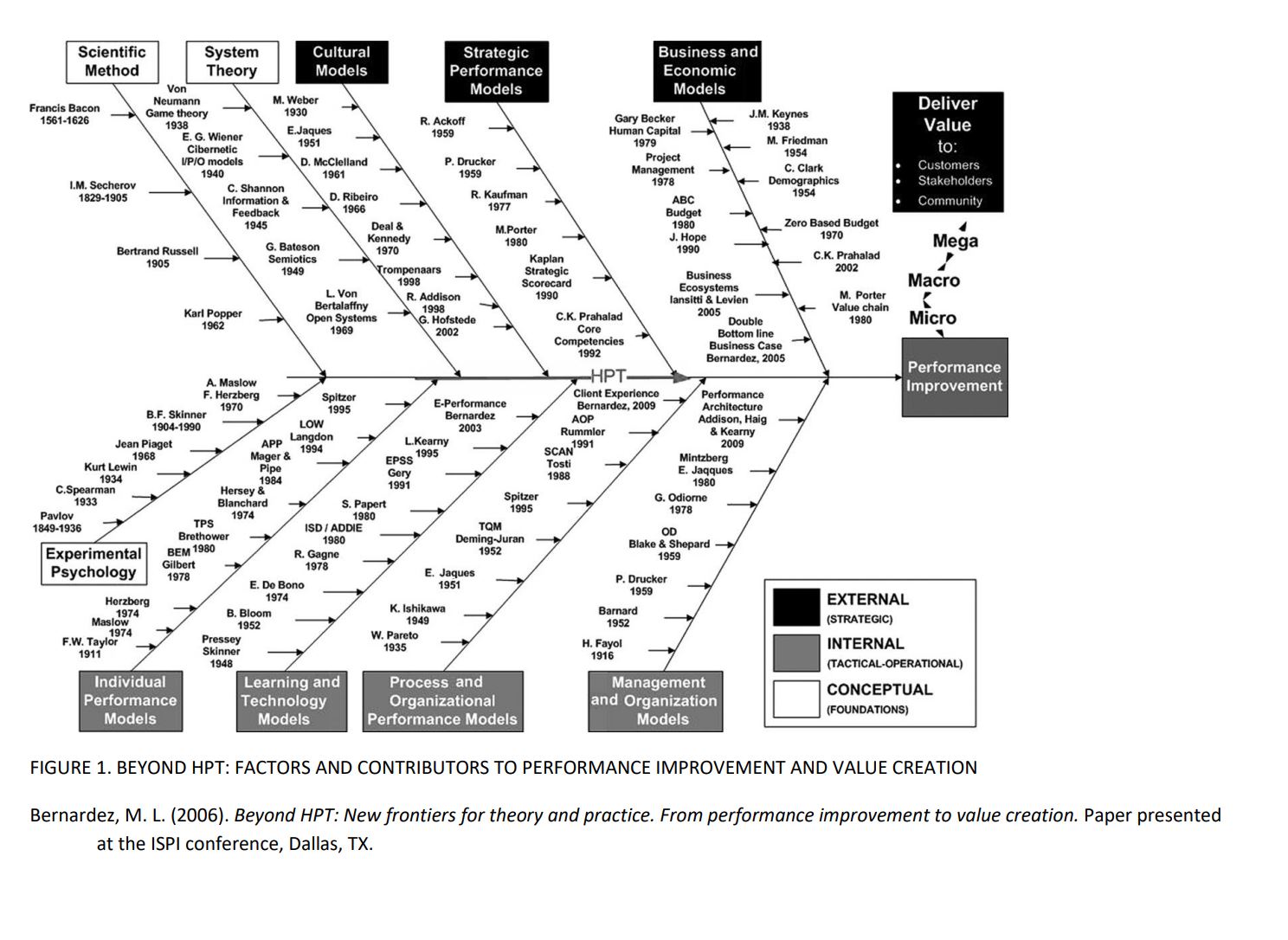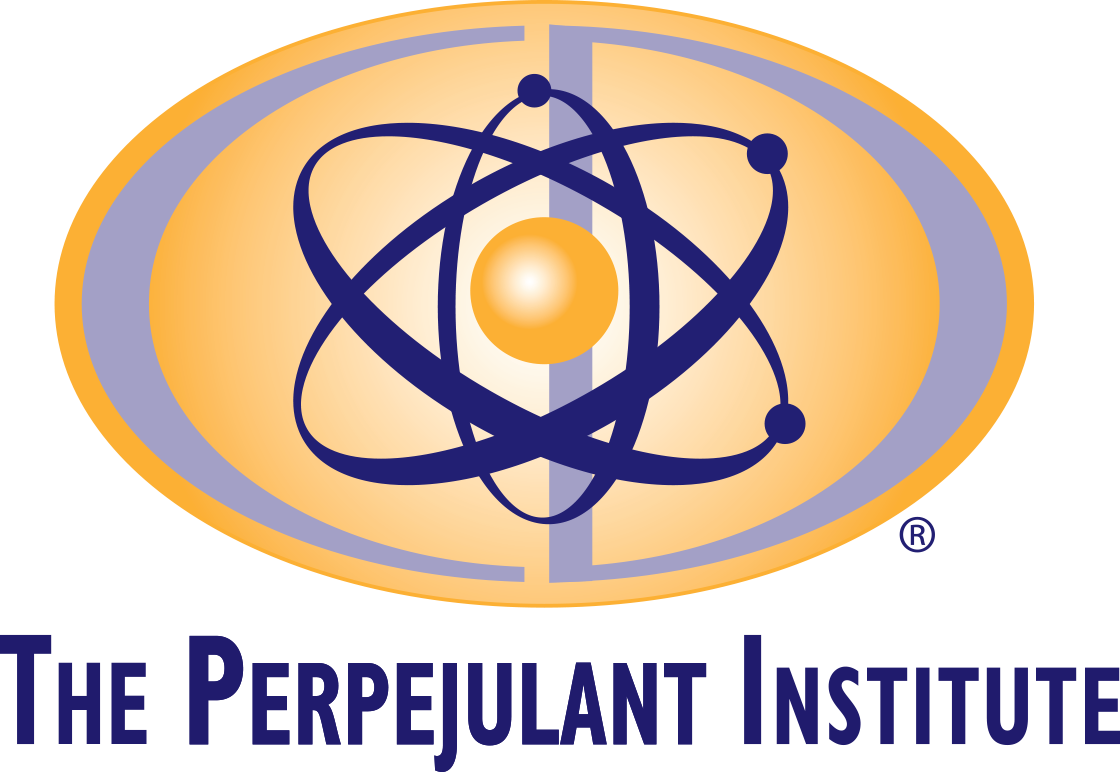The Future of Workplace Performance
Engaging Progressive Thinking and Knowledge with AI
AI in the workforce

Dr. Roberts is a research scientist and a student of human behavior as prescribed by B.F. Skinner, who was regarded as the father of Operant Conditioning, who based his work on Thorndike's (1898) law of effect. According to this principle, behavior that is followed by pleasant consequences is likely to be repeated, and behavior followed by unpleasant consequences is less likely to be repeated (Skinner, 1938). Based on this field of study Dr. Roberts created a theory, methodology, and practice he calls Cognitive Performance Dynamics (c), which focuses on behavior modification and enhancement related to specific human core competencies that align with the functionality of neuroplasticity's affect on repetitive re-enforcement, supported by a rewards system that encourages creativity, innovation, and design-thinking in humans. Dr. Roberts' work is ectched in the field of study called Experimental Psychology - Please see diagram below:

Today we are at the forefront of a 4th industrial revolution with artificial intelligence and a myriad of other intelligent resources defining the scope of future work. While impending change is imminent, the impact on highly skilled workers has not been defined. One thought is certain, human behavior will play a pivotal role as humans collaborate with artificial intelligence.
As of late, every futurist is trying to address how artificial intelligence will impact the workforce. I’ve also witnessed a landslide of colleges and universities spending a great deal of time and effort addressing the needs of leaders within executive ranks, on effective measures to integrate and strategize the intersection between intelligent resources and human interaction. Everyone appears to be scrambling to generate the right equation enabling workers to maximize intelligent resources.
While attending an information technology conference last year in San Diego; the futurist speaker Dr. Roberts listend to, described how humans will move about in the gig economy. His description started with a ride in a self-driven car to the airport, a TSA check-in via smart phone, a boarding process facilitated by smart phone, an uber by smart phone, to a hotel where check-in was conducted by a robot. This futurist went on to describe how the business traveler didn’t need to worry about ordering dinner since their eating preference had been uploaded to a data-base, whereby allowing their meal to be delivered to the room at a pre-determined time with a preferred entrée. There was a personalized robot in the guest room, which greeted the traveler upon entry and acknowledged the traveler each time they entered or left the room. The following morning, the business traveler received a wakeup call through an automated prompt on their smart TV. Upon exiting the hotel once again an uber was summoned via smart phone, which drove the traveler to an office building where a meeting was being conducted. Upon entering the office building where another visual and voice enabled robot scanned the business traveler, identifying them and permitting entry into programmed elevator keyed to a specific floor where the presentation was being conducted. During the presentation, the traveler accessed automated dashboards which were displayed via augmented reality (AR), used data analytics and also halogram technology to bring other members of their team into the discussion.
I think you get the picture regarding this experience, it’s seamless, completely automated, and enabled the business traveler to be extremely proficient.
Some might argue, the lack of human interaction during all these logistic maneuvers, is too robotic, lacks personality, yet having all the necessary support elements actually improved human agility.
What's not being discussed are the skills and core competencies required to be proficient when interacting with such technology.
The future of work is focused on autonomy, transparency, proficiency, and the ability to navigate through a maze of artificial intelligence and robotic assistance.
At the end of such collaboration, decisions will still need to be made by humans, possessing the dexterity, sound judgment, and mental acuity required to maximize results.
The impact of artificial intelligence, virtual reality, augmented reality, personalized robots, and data analytics has long been a study of the Perpejulant Institute. The most pressing question society faces today, is what needs to happen to enable workers to excel when working with intelligent resources?
With over 40 million jobs being eliminated over the next decade, who will define the processes needed to allow humans to harness required skills needed for the workforce of the future? The Perpejulant Institute.
Jobs of the future are being defined today, with many more to come, yet today we witness generational workers performing highly skilled tasks leveraging AI and other intelligent technologies. The governing dynamics of worker performance has shifted, and employers must ask how much of expected performance is incumbent upon the worker vs the intelligent resources they use. Please take a moment to think about how your organization plans to shift performance thinking based on the integration of intelligent resources.
We need your help.
Make a donation today to support our continued research and development.

